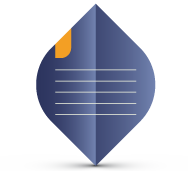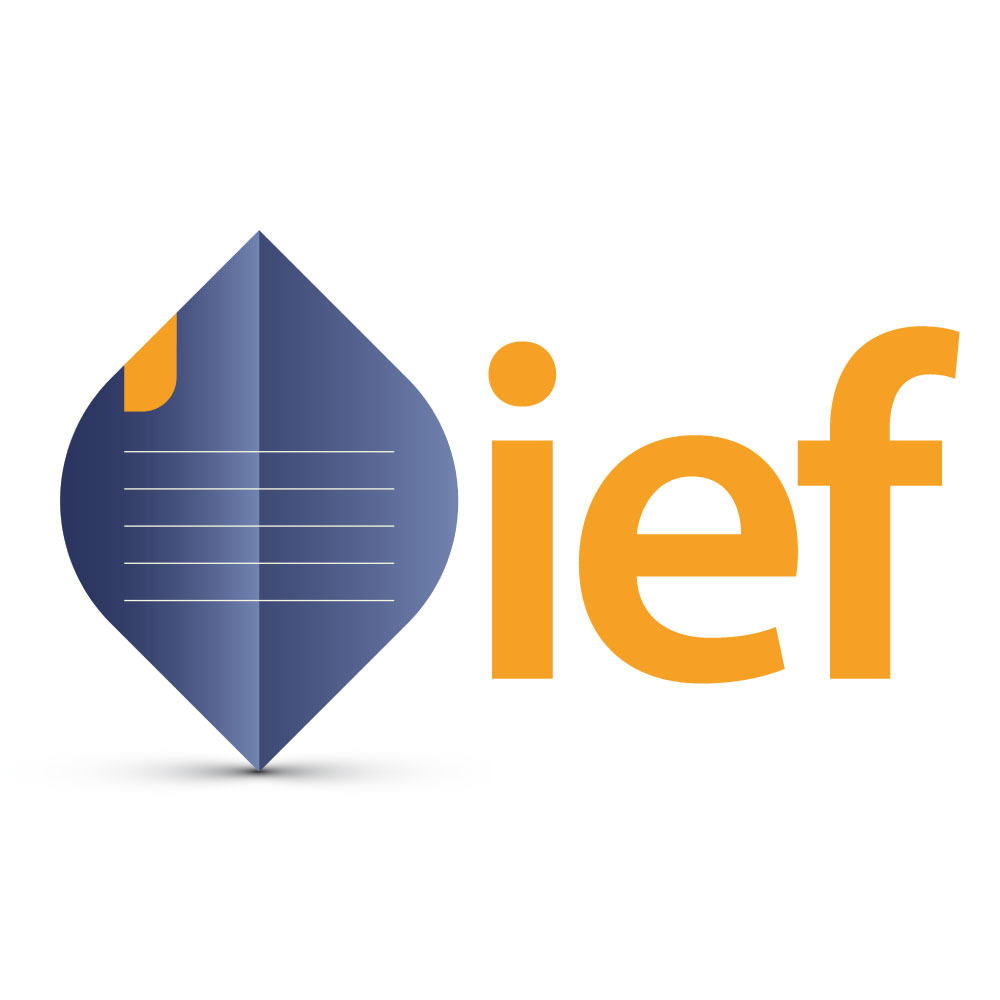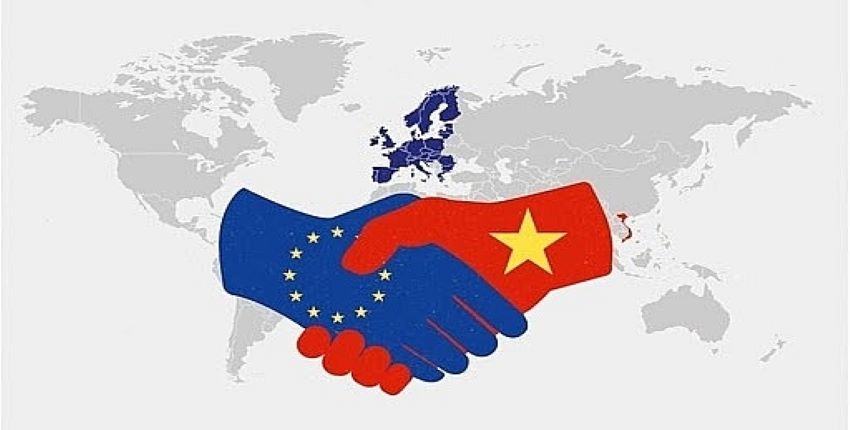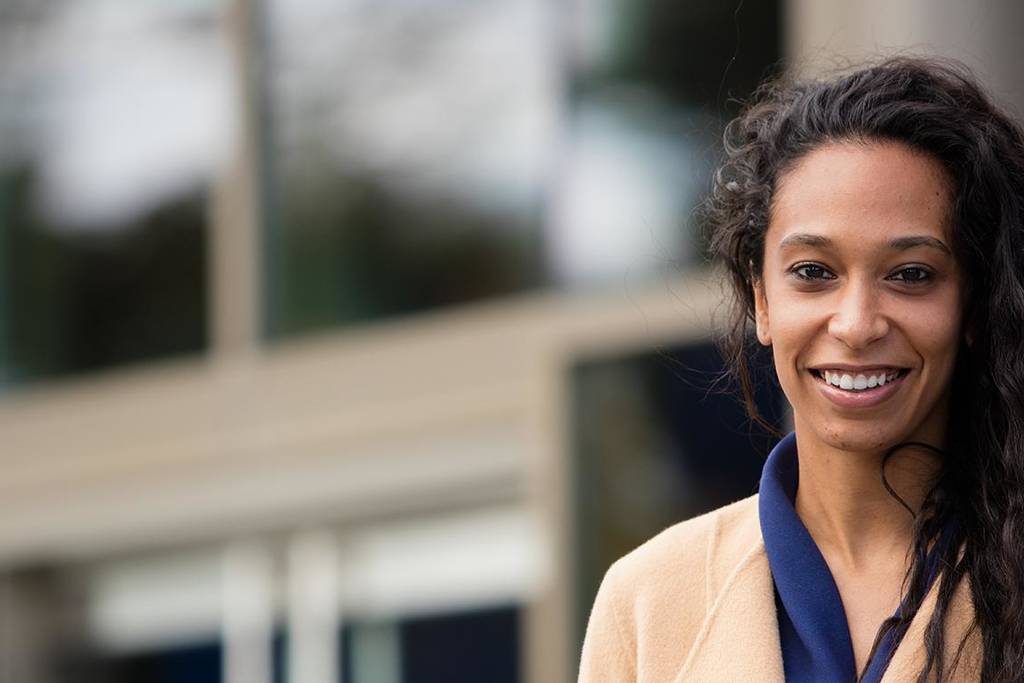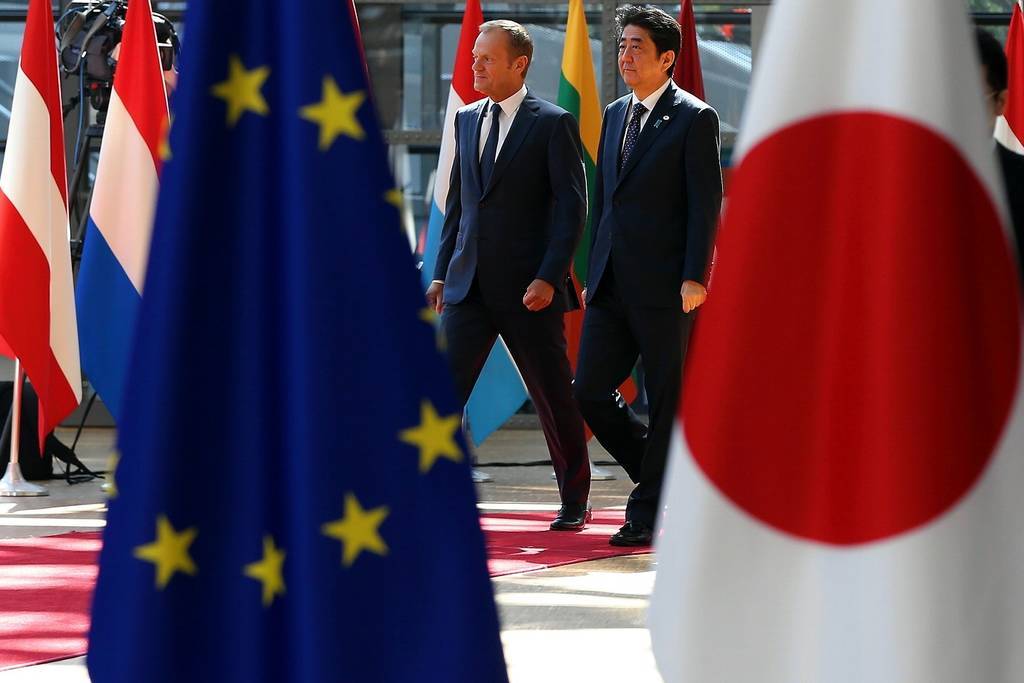Course Overview

Shrewd observers have speculated that multilateralism is on several fronts, up against the ropes. The multilateral trading system has demonstrated its capacity to facilitate and safeguard trade and foster ‘global prosperity, growth, and job creation around the world, though the benefits from trade have not always been evenly distributed’. The world economy now trades not in final goods or services, but components, parts, tasks and activities and this variety of trade occur not between countries but companies/firms, the majority of which are foreign affiliates of different multinationals.
The course will cover the basic General Agreement on Tariffs and Trade (GATT) and WTO rules, and examine the implications of the massive growth of Regional Trade Agreements. The course is designed to help governments and enterprises to take full advantage of the opportunities provided by multilateral and regional trade agreements, as well as to deal with their challenges.
The course will also examine the impact of national policies on the world trading system. It will further help to understand the complexity of the changing world economy and analyze actual global economic problems, developments and challenges of multilateral trade agreements and trading systems.
Find a programme
Course Content

The course will help transform businesses by upskilling your team or your entire organization with curated online and classroom meetings resourced with informative case studies and articles. The programme will allow participants to:
» Understand the subject and the principal responsibility in administering trade agreements.
» Analyze the modernization of the multilateral trading system through WTO reforms.
» Learn about the WTO rules governing trade in goods, services and intellectual property
and the numerous trade agreements and protocols for Ghanaian exporters.
» Identify trade facilitation and market access provisions on trade in goods in regional trade agreements under the multilateral trade agreement umbrella
» Discover how diverse or creative services rules in regional trade agreements are, as compared to the multilateral rules.
» Learn how the recent developments in the multilateral trading system are affecting and the global economy.
Find a programme
Key Takeaways

At the end of the course, participants will be able to;
» Think through ways and means to make political and economic power asymmetries and divergent interests among members come to a consensus.
» Provide a comprehensive perspective of the global economic trading systems and policies.
» Gain in-depth knowledge of global and regional trade agreements systems and use it to push for reforms to restore the legitimacy and relevance of the multilateral trading system.
» Apply the knowledge gained to create reforms that do not only focus on making the multilateral trading system efficient and relevant, but also ensure that trade contributes to sustainable and inclusive development.
» Apply the learning to the running of a commercial or economic section, and to the manner in which commerce chambers of individual enterprises can work with the foreign ministry and with diplomatic missions in the commercial and economic arena.
» Comprehend the basic skills of decision-making and negotiation in global economic arena.
» Gain professional skills to take effective action in international and politically sensitive environments.
» Develop the professional and economic diplomatic skills they need to grow and thrive – both now and in the future.
Find a programme
Target Audience

» Those that study the country’s external economic actions, commercial diplomats from the corporate sector.
» Those who want to acquire a critical awareness of the current issues involved in the study of the relations between diplomacy, international business and trade.
» Trade and economic affairs officials, those working in commerce chambers, think tanks, other entities working in or observing economic diplomacy.
» Officials from multinational organizations.
» Postgraduate students of diplomacy or international relations wishing to study topics not offered through their university programmes or diplomatic academies and to gain deeper insight through interaction with practicing diplomats.
» Applicants with a bachelor’s degree in economics, international relations and related disciplines.
» This course will be relevant to junior and mid-carrier diplomats and government officers whose tasks and functions are related to diplomacy and International relations.
Find a programme
